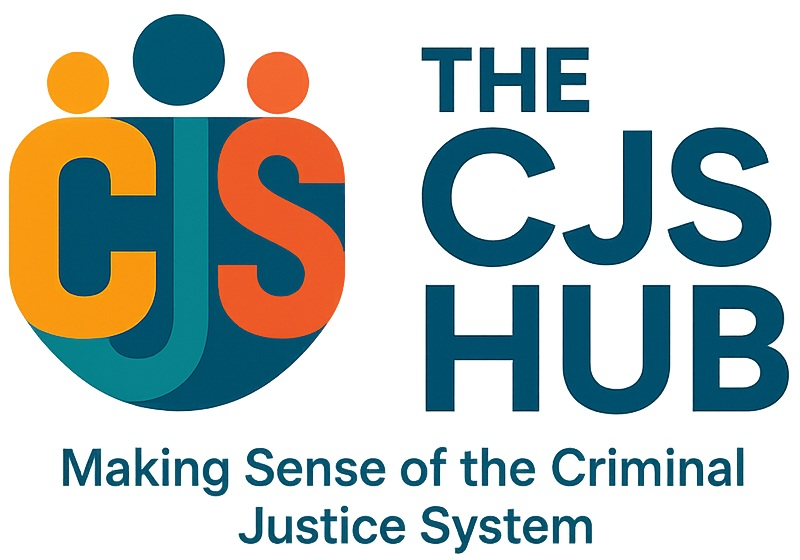When you walk into prison for the first time, it can feel like you’ve lost control of everything — but it’s important to know that you don’t lose all your rights. While your freedom is restricted, you’re still entitled to safety, dignity, and proper healthcare. Understanding what you can expect, and what you’re entitled to, can make a huge difference both for you and for the people supporting you.
You have the right to humane treatment, the right to practise your religion, and the right to complain if something isn’t right. You also have the right to healthcare equivalent to what you’d receive outside prison — but the reality is that services inside are under pressure, and things can take time. Knowing how the system works makes it easier to navigate and get the help you need.
When you first arrive at prison, you’ll have a health screening. This is a chance to raise any existing conditions, medications, or ongoing needs. Healthcare inside is usually run by the NHS or an NHS-contracted provider, and in theory the standard should match what you’d get in the community. In practice, things can move slowly, especially in busy local prisons where demand is high and staff are stretched. If you need to see a GP, nurse, dentist, or optician, you’ll normally put in a healthcare request, but waiting times can vary. Urgent issues are dealt with more quickly, and in emergencies, people are taken to hospital under escort.
Mental health support is there, but again, it’s limited and can vary a lot between prisons. Some prisons have mental health nurses on-site and can arrange counselling or assessments if you need them. There’s also the Listener scheme, where trained prisoners work with the Samaritans to support others confidentially, and chaplaincy teams are often a big source of emotional support — you don’t need to be religious to speak to them. If someone is considered at risk of self-harm or suicide, they may be placed on an ACCT plan. That means more regular checks, closer monitoring, and extra input from staff and peers to keep them safe.
If something goes wrong — whether it’s about healthcare, safety, or how you’re being treated — there is a complaints process in every prison. Most issues can be raised directly with wing staff or healthcare first, but if that doesn’t resolve it, there are formal routes. Complaints about healthcare can eventually be taken to the NHS, and unresolved wider issues can be escalated to the Prisons and Probation Ombudsman. Some prisons also have independent advocates and peer mentors who can help you get your voice heard when you’re struggling to make progress.
For families and supporters, it can be frustrating trying to understand what’s happening when someone inside is unwell. Staff usually can’t share information without the prisoner’s consent, but you can encourage your loved one to request help and support them in raising issues. Many prisons also have family liaison officers who act as a bridge between staff and families when someone is particularly vulnerable or in crisis.
Prison life can be stressful, but you’re not without rights and you’re not without options. Knowing what you’re entitled to, what help is available, and how to ask for it can make things easier to manage — both for those serving time and for the people who care about them.
